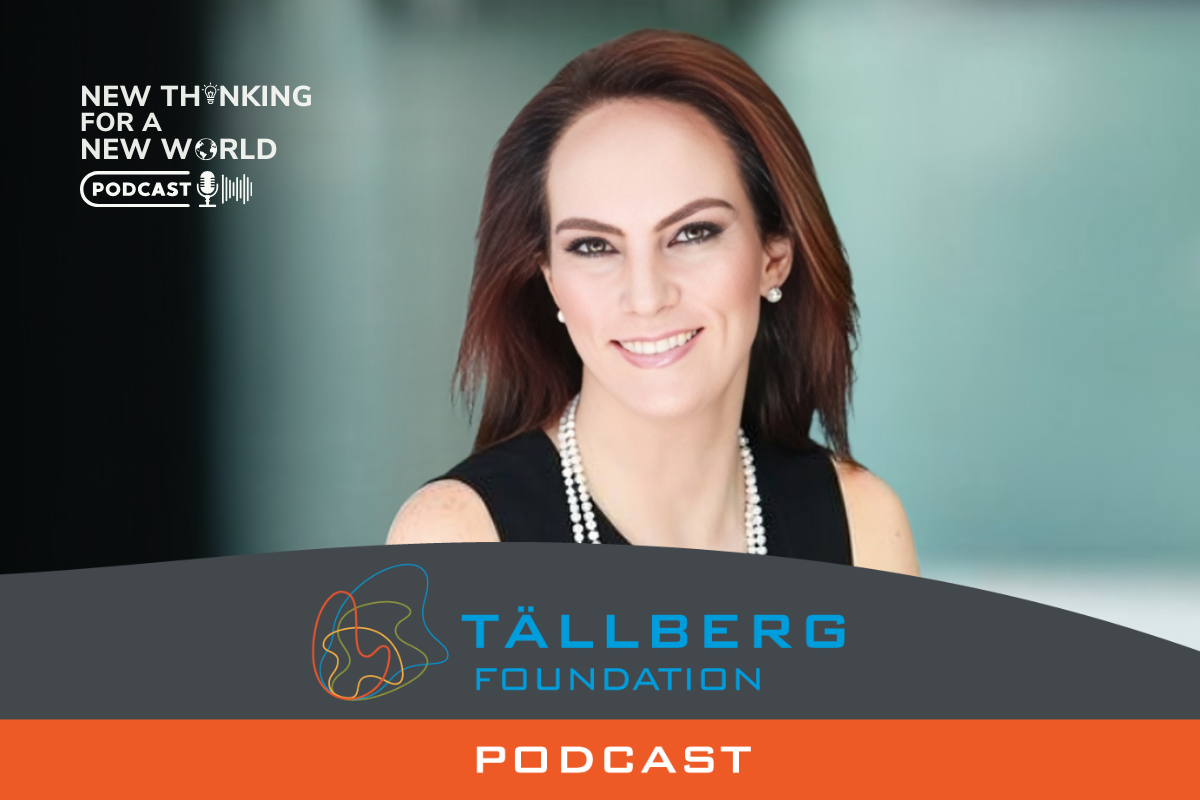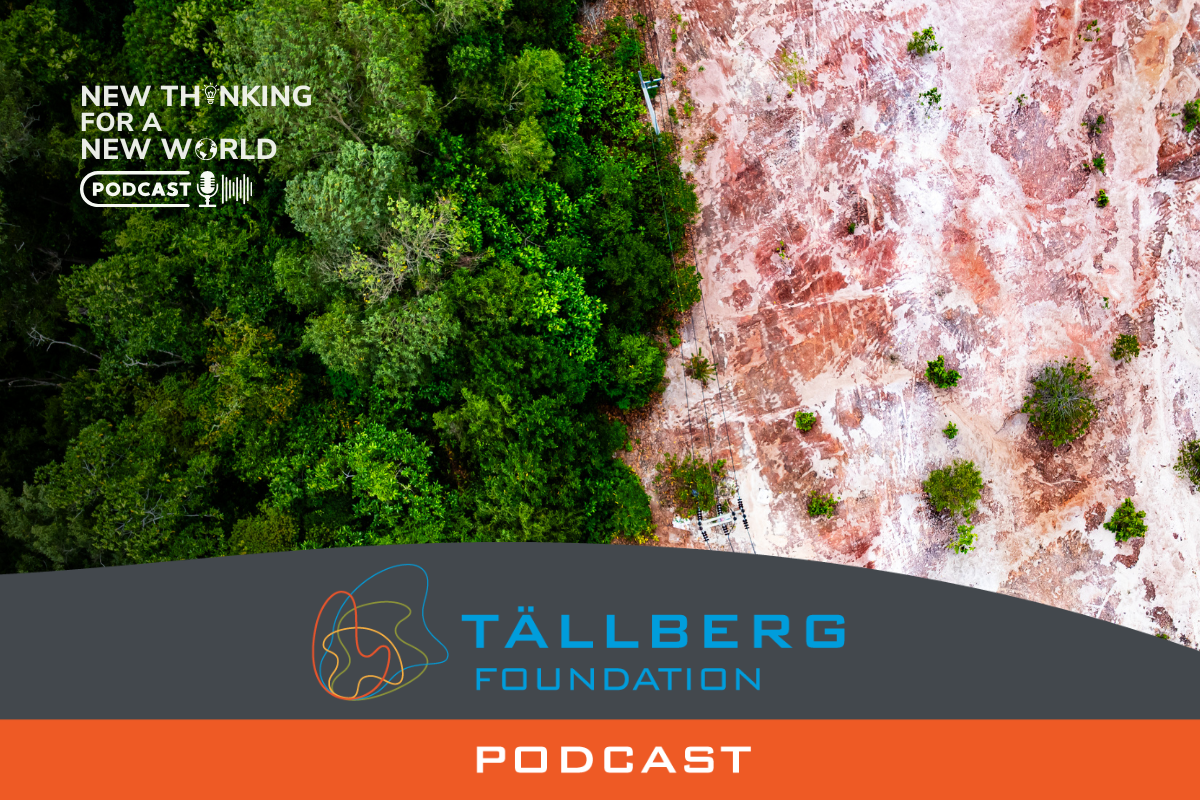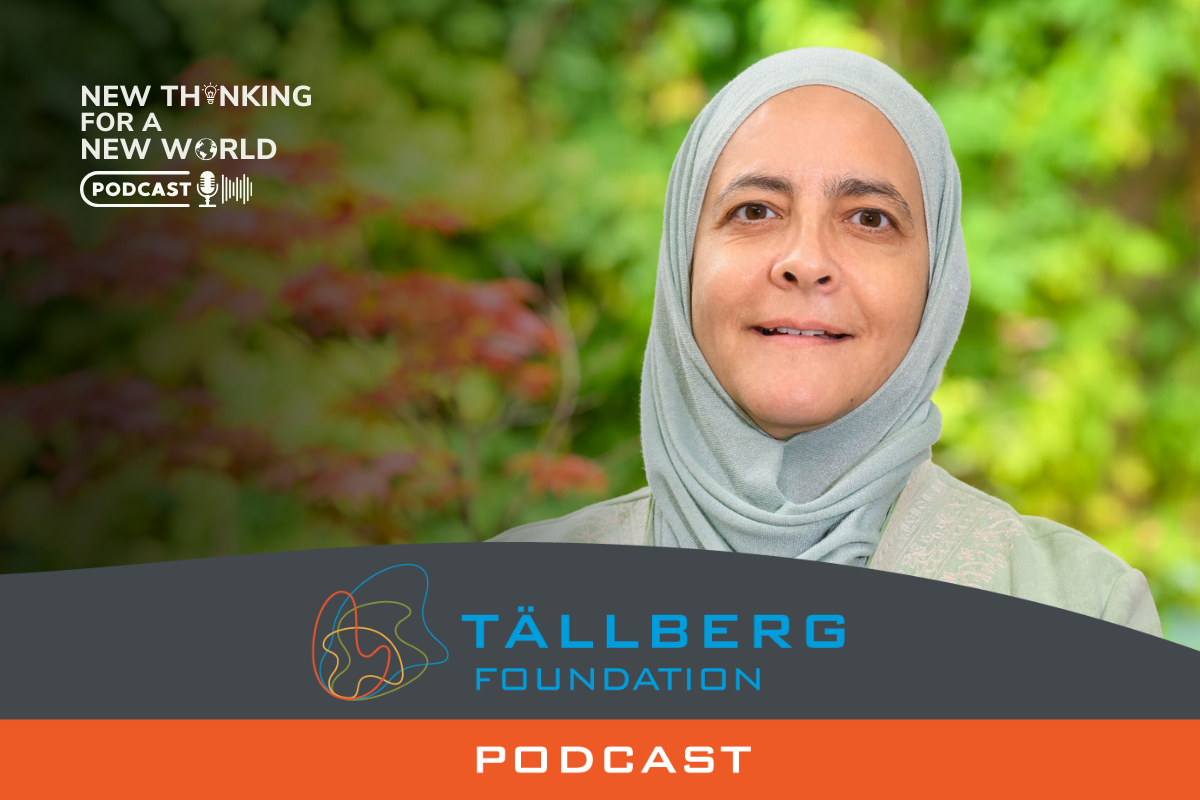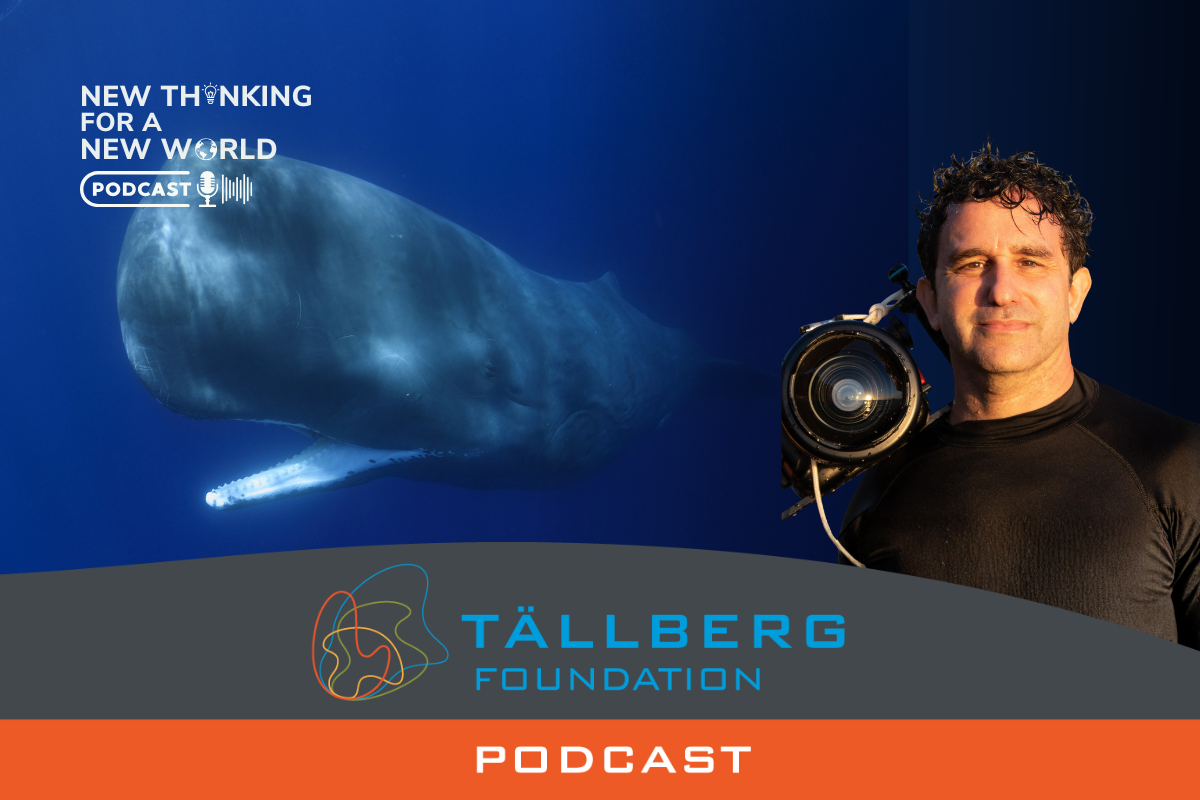Israel is at war, and not just with Hamas, Iran, the Houthis, and their fellow travelers. Israeli’s most dangerous war may be with itself.
That was certainly true before October 7th, and it’s still true. Back then the streets were full of protesters opposing Prime Minister Netanyahu, his government, and their policies; the country seemed split down the middle. That split has not disappeared: today more than three quarters of Israelis reportedly worry about the “strong or very strong” conflicts between the political right and left, while more than half worry about conflict between religious and secular Jews. Shockingly, in the midst of war, extremists recently breached an army base—the Israel Defense Forces are still the most trusted national institution—attempting to free soldiers accused of abusing Palestinian prisoners.
Arguably Netanyahu’s declaration in June that “There will be no civil war” was an explicit acknowledgment of the deep, dangerous currents coursing through Israeli society.
October 7th and the subsequent war against Hamas have been catastrophic for Israelis and even more for Palestinians. It is not possible to imagine what the morning after might look like for anyone until the war ends. But it is possible to begin to understand how the past year has affected ordinary people: their daily lives, their hopes, and their fears for the future—Israeli as well as Palestinian. Any hope for a different future necessarily must start with such an understanding.
In that spirit, this is the first of what we hope will be a series of conversations with Israelis and with Palestinians, not about big-picture politics or strategy or the war, but about the human impact and implications of all the hatred and fighting and destruction of the past 10 months.
The first two voices are Israelis Leora Hadar and Naty Barak. Leora lives in a West Bank settlement and is a mother, a bibliotherapist, and an activist in the grassroots peace movement, Women Wage Peace. Naty is a retired businessman, sustainability expert farmer, and a longtime resident of Kibbutz Hatzerim in the Negev desert.
Listen as they talk about the tragedy of Israel’s wars and tell us what you think in the comments below.
***
Find the New Thinking for a New World podcast on a platform of your choice (Apple podcast, Spotify, Google podcast, Youtube, etc.)
ABOUT OUR GUESTS
Naty Barak is Chief Sustainability Officer Emeritus at Netafim, a global leader in precision agriculture and drip irrigation. Since joining Netafim in 1975, he has held various leadership roles, including President of Netafim South Africa. Naty has worked extensively on sustainability issues, collaborating with governments, NGOs, and companies, and has spoken at major global events such as the Earth Summit and the World Economic Forum. He studied International Relations at The Hebrew University of Jerusalem and is a member of Kibbutz Hatzerim, where he has lived since 1964. He is married with three children and eight grandchildren.
Leora Hadar lives in a settlement in the West Bank. She is married and a mother of four children. Leora is a bibliotherapist, working with children, adolescents, and providing parent counseling. For the past eight years, she has been actively volunteering in various civilian and social forums and initiatives, such as Women Wage Peace and Roots, to promote peace-building between Israelis and Palestinians, as well as fostering dialogue and understanding between different communities within Israeli society.




Sustainment aforesaid mentioned problem have arises this conflict into middle side war for Terrence and worry; no need to buy threshold and upward tension treaty accused.Some one please note that they defend they worry and,they died before end war situation.israel not known this treaty went suppressed noted convict tension!
It’s evident that the situation in Israel is incredibly complex, with layers of internal and external conflict deeply affecting the lives of everyone involved. The division within Israel, as well as the ongoing war, presents a challenge that goes beyond just political or military strategies—it’s a matter of human lives, identities, and the struggle for peace and understanding amidst chaos.
I deeply resonate with the idea that any hope for a different future must begin with understanding the impact on ordinary people. The stories of individuals like Liora and Naty highlight the personal struggles and the resilience that people show even in the face of such deep division and conflict. Their experiences underscore the need for empathy, for listening, and for finding common ground where possible, even when the world seems to be tearing itself apart.
It’s also important to recognize that the pain and suffering extend to both Israelis and Palestinians. The destruction and hatred of the past 10 months have left deep scars on both sides, and any lasting resolution will require addressing those wounds with compassion and a commitment to peace.
In this era of heightened tensions, it’s essential to remember that beyond the political and military narratives are real people with hopes, fears, and the desire for a peaceful future. Conversations like the one you’re initiating are crucial, as they bring the human aspect of the conflict to the forefront, reminding us all that behind every headline are lives being profoundly affected.
I look forward to hearing more voices and stories, as they are vital in helping us all understand the full scope of what’s at stake and, hopefully, guiding us toward a path of healing and reconciliation.
Listening to this podcast has stirred emotions in me, taking me from despair and sadness to finally finding confidence in the belief that, with leaders like Nati and Liora, the world can still have faith in peace. This time, I just want to express my gratitude for this podcast. I live on another continent (America), specifically in Colombia. We have lived through an internal conflict for more than 50 years, and I have witnessed the cruelty of war. I live in fear that a war might also break out with our neighboring country, Venezuela. Sometimes, I don’t want to continue leading the organization I work with because I feel it pales in comparison to what is happening here in Colombia. But after listening to Nati and Liora, today I feel that it is still worth striving for a better world. I am left with two phrases that deeply inspired me: ‘I have the tendency to see where there is truth on each side of the conflict and how both sides are right.’ And the other phrase is, ‘I felt that the people below can make peace.'”